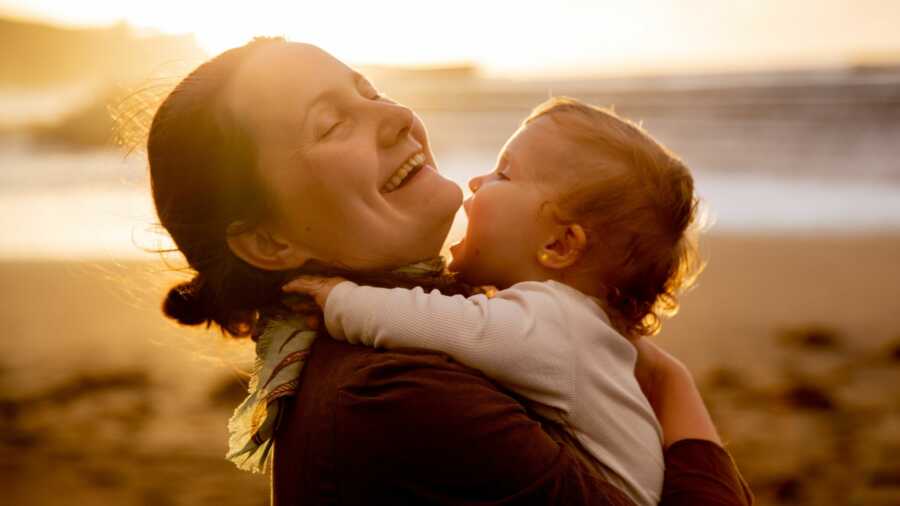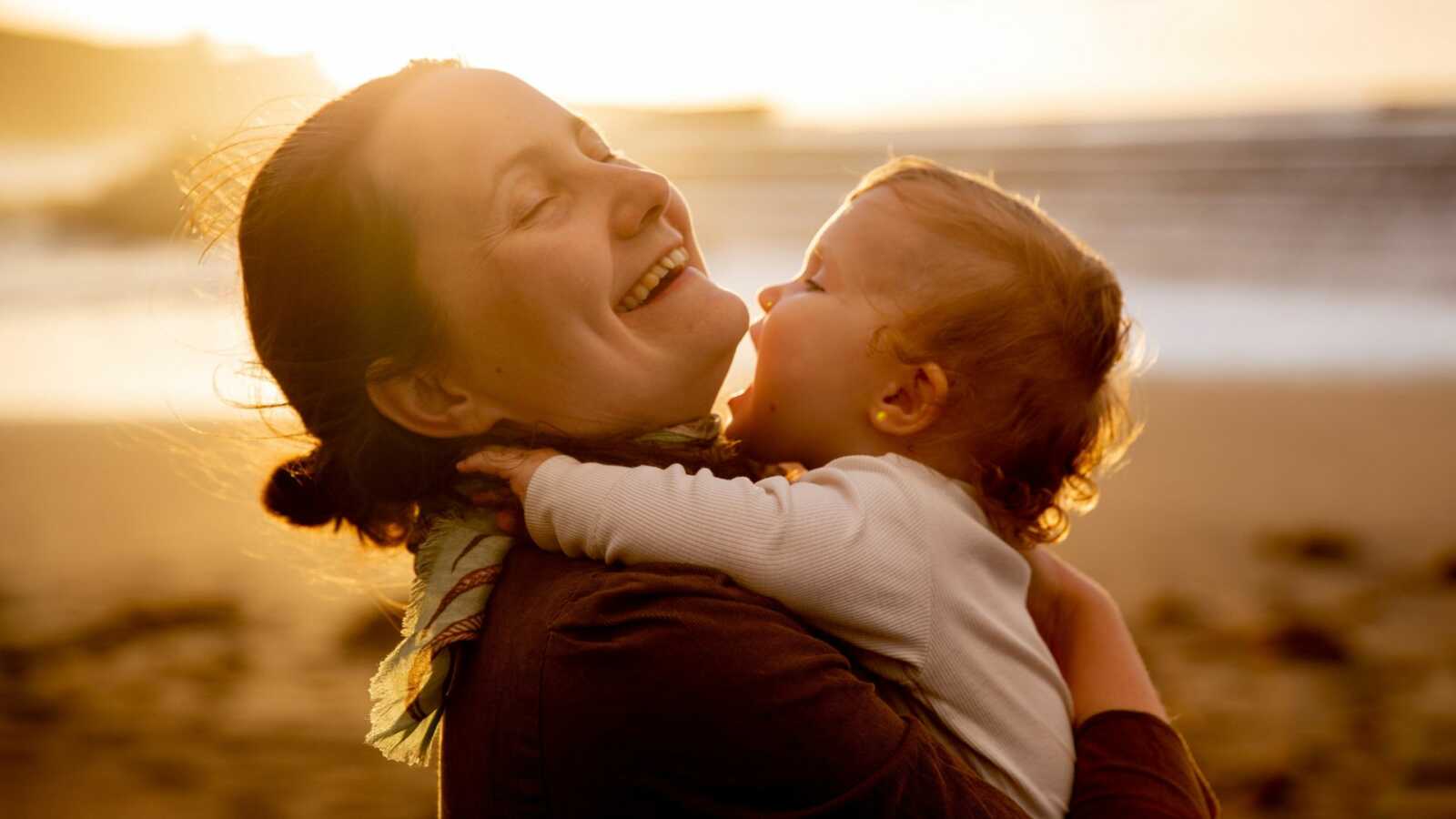My name is Lauren Bedevian. I am a single foster mom. I have been fostering babies for six years. During these past six years, I have fostered 12 children. My shortest placement was ten days, and my longest placement is currently 20 months and counting.
What Is A Foster Parent?
A foster parent is someone licensed to care for children when their parents or other relatives cannot. Foster parents may be called upon when a child is in danger. When a child is abused or neglected, a foster parent is utilized.
The Dictionary specifically defines a foster parent as, “A person temporarily serving as a parent for a child who has lost or been removed from a parent’s care and who is not the person’s own biological child specifically.”
Children need alternative homes for a variety of reasons. Children who are born to adults who are not interested in or able to care for them. Children who have drug or alcohol-addicted parents. Children who have incarcerated parents.
All these children need and deserve a stable place to call home.
This is where foster homes come into play.
Foster parents are not necessarily interested in adoption. The main focus of foster parents is to care for children while their biological parents work a service plan towards reunification. There may come a time when a child in foster care may come up for adoption.
When a child’s parents have their rights terminated, that child may need a permanent adoptive home. Foster parents are typically the first people that are sought to provide an adoptive home.
Can I Become A Single Foster Parent?
Many people think that you should be married to become a foster parent and that is not the case. Single people can be foster parents! You can rent a home or apartment and be a foster parent.
You can work full-time, part-time, or not at all. As long as you are managing and covering your own finances. Marriage status is not a factor when becoming a foster parent.
I have always wanted to be a mom. At the age of 27, I remained single and still had the desire for motherhood. I remembered meeting a couple in college that spoke about fostering newborns from the hospital for short periods of time.
I began my research into how I could do this. I knew I was only getting older, and my most capable years of parenthood were now.
My parents were and still sometimes are concerned about my single foster parent status. Choosing to do this “alone” is hard. I was and still am determined to be a foster parent.
The fact that I did not (and still do not) have a partner does not impact my desire to serve children in need of safe and loving homes.
What Is The Process Of Becoming A Single Foster Parent?
If you want to be a foster parent, the process is the same for a single person as it is for a married couple. I live in Houston, Texas. Different states have different requirements and protocols for fostering.
My strongest advice for people is to start with an agency. All people who want to foster need to get licensed. Yes! We are literally licensed parents.
Agencies will walk you through the process of becoming a licensed foster parent. An internet search for foster agencies in your area will help you get started. I suggest interviewing a few agencies before you decide which one to get licensed with.
Agencies can all offer different incentives and opportunities. I personally chose an agency that I knew was well established and would have the best access to additional services if my placement needed them.
You will typically start with an application. This application will include background checks, fingerprints, references, and more. I feel like my application was at least fifty pages long!
You will have to dive deep into the history of places you’ve lived and your monthly and yearly financials. You’ll need to be able to explain why you are entering this journey. Once you have submitted an application, you’ll begin training.
Every city and agency is different, but there are basic minimum standards that everyone follows for licensing. For me, I need 40 hours of training annually. These pieces of training include topics like trauma-informed care, CPR, and first aid.
After training comes the home study. Home studies are a way to make sure your physical home is ready to welcome a child. Not only will you need to have medications locked up, fire extinguishers present, and emergency exit plans posted, but you’ll need to make sure your emotional home is ready too.
What are your expectations for fostering? How will you handle certain situations or behaviors? In a home study, they will gather this information to compile when they consider your home for a child.
I researched agencies and completed the process in about seven months. Depending on how diligent you are and how responsive your agency is will determine the length of time for you to enter the process and receive placement of your first child.
Even when you are fully licensed and ready to go, it may take additional time for your first placement to arrive. I was very excited to offer my home as a safe place for a baby. It seemed like ages to get my first call.
As a foster parent, I have to remember that I am offering myself up to a child in critical need. Patience is key. Take this time of waiting to network with other foster parents. Read books on parenting, trauma, and foster care.
Tips For Single Foster Parents
Here are some of the key things I have learned as a single foster parent.
1. Have an agency.
As I mentioned above, make sure you have an agency you work with. Some states give you the choice of getting licensed directly through the state. While this may seem like a direct approach, you may find yourself needing more support.
Agencies can provide additional financial assistance as well as access to better medical and emotional support for your children. Agencies are also there to fight for you. Agencies want to ensure that you have all the tools you need to be the best parent possible.
2. Have a support system in place.
While you are single, you will need help! Make sure you have family or friends that you can turn to when times get rough. If you have people that are willing to join this journey with you, it will make you a more successful foster parent.
I attribute my years of foster parenting to my amazing support network. You will need licensed babysitters. You will need backup caregivers. My work, which is also my church home is extremely supportive.
They step up to help me mentally, emotionally, and physically. If you try to go on this journey all alone, you will likely fail.
3. Take care of yourself!
Self-help is crucial. There are times when mentally and emotionally the foster system will have you worn down. If you are not taking care of yourself, your career as a foster parent will be short-lived.
Take the time to go get your hair done. Get a massage. Go see a movie. Be open to counseling! Remember- your mental, emotional and physical health is important too.
4. Ask for help.
This is something I continually remind myself of. I do not like asking for help. Not everyone can be a foster parent, but anyone can support a foster parent! Let people buy you a meal.
It’s ok to accept gifts for your child AND yourself. Need a night off? Allow someone the opportunity to babysit. Asking for help does not make you any less of a person.
5. Know the benefits that are available.
This is especially crucial for a single person. Research and utilize the benefits that are available for you and the children in your care. Some examples: Children in foster care qualify for WIC- a nutrition program that helps provide formula and food.
I did not realize this and was buying very expensive cans of formula on my own until I learned that my child qualified for WIC. Foster parents can apply for daycare stipends to cover some or all of the costs of daycare.
The Family and Medical Leave act can help support you to not lose your job if you need time off when accepting and caring for a foster placement.
Foster parenting is not easy, but it is the most rewarding experience I’ve ever had. It is also one of the most difficult According to the Administration for Children & Families there are over 400,000 children in foster care. I am proud to be a home for one of those children.
While it may be difficult, these children are worth it. My child is worth it. Maybe you will consider getting involved. Remember- not everyone is made to be a foster parent, but anyone can help a child in foster care.

This article was submitted to Love What Matters by Lauren Bedevian. You can follow her on Instagram. Join the Love What Matters family and subscribe to our newsletter.
Read more stories here:
3 Ways To Help Foster Kids Without Becoming A Foster Parent
Are you or someone you know looking to adopt? Please SHARE on Facebook to make them aware there is a community of support available.



